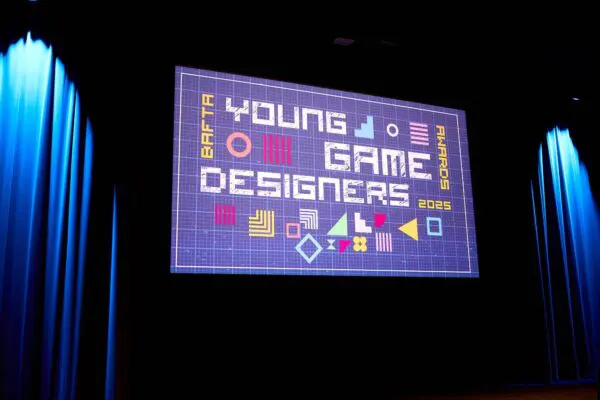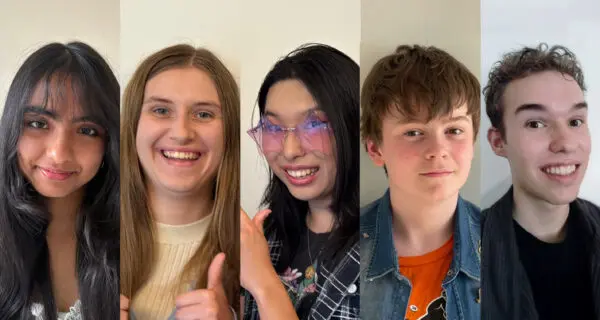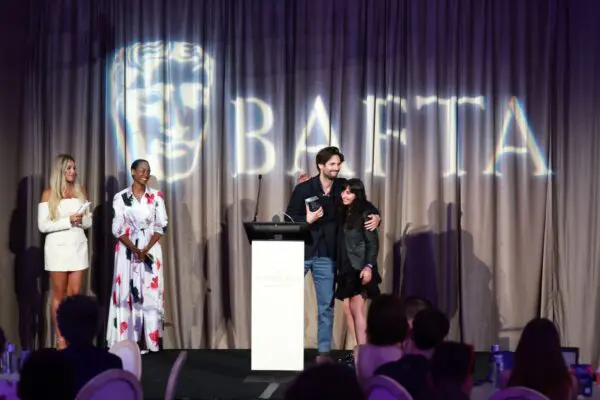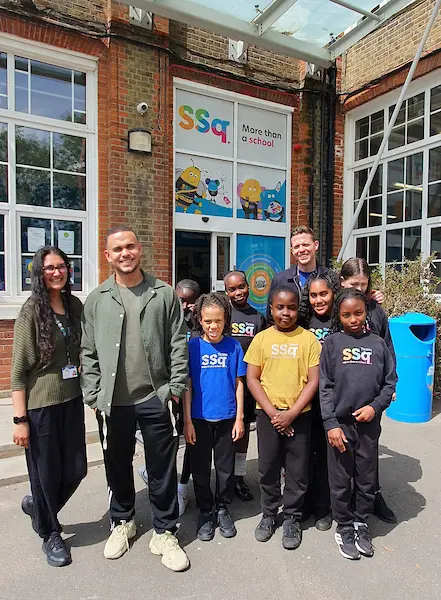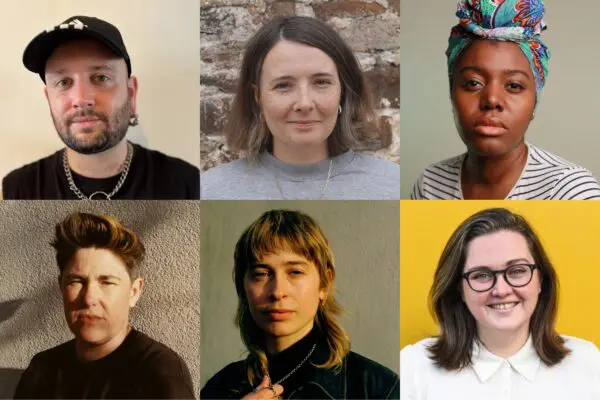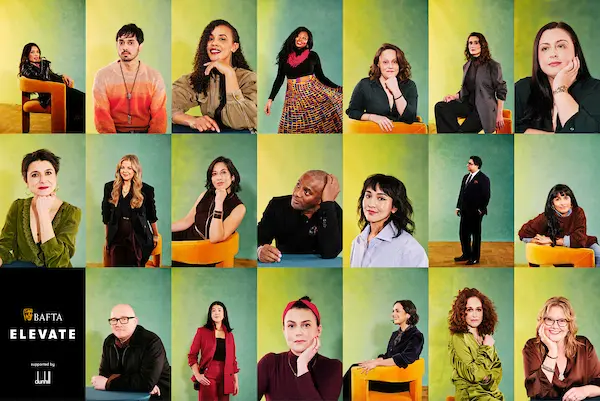The British Academy of Film and Television Arts (BAFTA) has opened entries for the 2018 BAFTA Young Game Designers (YGD) competition which aims to inspire the UK’s game creators of the future by giving young people the chance to design and make their own game. Entries are now open at https://www.bafta.org/programmes/young-game-designer and will close on Wednesday 25 April.
The young winners will receive a host of prizes including games, hardware, software licences, tours of games studios and 12 months’ support from industry professionals to develop their game ideas. The successful entrants will be announced at a special awards ceremony in July at BAFTA’s headquarters, 195 Piccadilly in London, attended by stars of the games industry, TV and radio.
The BAFTA Young Game Designers competition is part of a year-round programme of activity that gives young people and educators unique insight and access into the games industry. In 2017 UK consumers spent £3.35bn on boxed, downloaded and mobile games, significantly more than on music or DVDs.
The competition, which engaged over 2,000 young people in 2017, has been designed so that young people can enter in their own time, as part of a lesson in school, within a coding club, or as an additional homework challenge set by their teacher.
To support educators, BAFTA has created a range of free online teaching resources, which link the competition to the national curriculum, and can be downloaded for free (www.bafta.org/programmes/young-game-designer). BAFTA is also hosting teacher workshops and game design opportunities for young people around the UK. For further details, and to hear insights and advice from BAFTA members, award winners and nominees, visit www.bafta.org/programmes/young-game-designer.
Launched in 2010, the main YGD competition is aimed at 10-18 year-olds, divided into age-specific sub-groups. Entrants can be individuals or a team of up to three people, who can choose to enter two creative categories: The Game Concept Award, for those creating a concept for a new game; and the Game Making Award, for those making a game using freely available software.
Emily Mitchell, 2017 winner of the Game Making Award (ages 15-18) said: “Entering BAFTA YGD turned out to be an amazing opportunity. Since taking part I have secured a publisher and am preparing to introduce my game professionally. My game build was all about raising awareness of mental health issues and BAFTA have given me a platform to speak more about this and really make a difference in areas I feel passionate about. I would definitely recommend the Game Making category to teenagers who have a working game build ready to show – all you need is one working level to enter the competition!”
In addition to the categories for young people, the Mentor Award, nominated by the public, is for an inspirational individual involved in the education of young game designers. Michael Warburton, Course Leader Games Development at Cambridge Regional College, won the Mentor Award in 2016, and has recently begun supporting other teachers as a Master Trainer at games software company Unity Technologies.
Michael Warburton said: “Helping students to take part in YGD was always a fantastic opportunity and a really valuable learning experience for them. The additional educational resources have been incredibly valuable in helping students realise the processes behind planning and building their games. It is great to see BAFTA supporting young people on career pathways into the games industry and getting recognition myself via the Mentor Award was an additional honour that has transformed my life.”
Tim Hunter, Director of Learning and New Talent at BAFTA, said: “Every year we’re amazed by the creativity and commercial savvy of even the youngest entrants to the BAFTA Young Game Designers competition. There’s so much talent out there and we want to help nurture that by connecting young people and their teachers to insights from industry professionals. Games make a significant cultural and economic contribution to the UK and offer a genuinely exciting career option.”
Supporting partners of BAFTA Young Game Designers include: Creative Assembly (SEGA), Criterion (EA), Jagex, King, Sony Interactive Entertainment, Ubisoft, Unity and WB Games.
For the Terms & Conditions, and to enter the BAFTA YGD competition, go to www.bafta.org/programmes/young-game-designer
Notes to Editors:
In 2017 UK consumers spent £3.35bn on boxed, downloaded and mobile games. This compares to £2.69bn on video and £1.2bn on music (Entertainment Retailers Association 2017).
Four recent BAFTA Young Game Designers winners will showcase their games at consumer expo EGX Rezzed in London this April: Daniel Smith, a winner in 2016, and Emily Mitchell, a winner on 2017, are working with games publishers to release their winning games commercially; Spruce Campbell, another winner in 2017, is self-publishing his game, while Anna Carter, also a 2017 winner, will showcase a prototype of her winning game concept that she has since developed with students at Abertay University.
Dan Pearce, a YGD winner in 2010, was named a BAFTA Breakthrough Brit in 2013, and his first commercial game earned him a BAFTA nomination for Debut Game in 2014.
For further information, please contact:
Anna Pedroza at Pedroza Communications
T: +44 (0)7813938020
E: [email protected]
Hayley Smith at Pedroza Communications
T: +44 (0)7415116515
E: [email protected]


